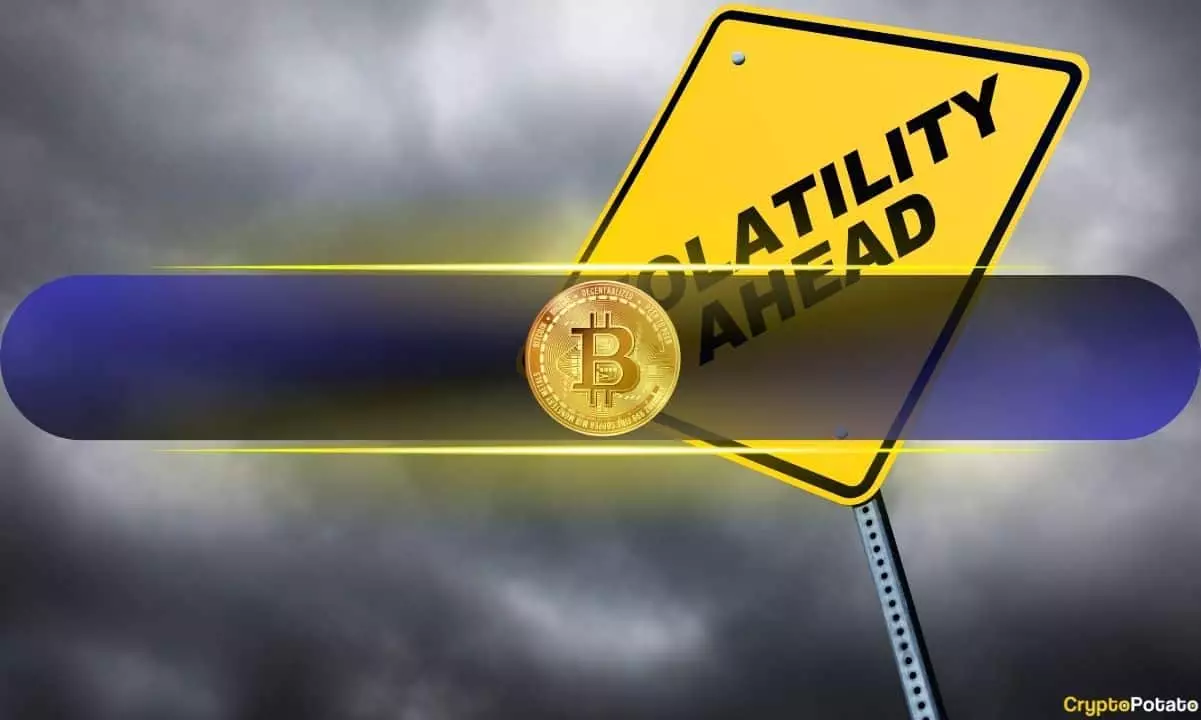The aftermath of the Easter weekend has left investors feeling ensnared in a web of uncertainty, punctuated by the absence of any hopeful trade agreements. As if to add fuel to the fire, President Donald Trump has alleged that those who oppose tariffs are simply “bad at business,” a remark that reveals immense ignorance regarding the nuances of economic strategy. The sheer volatility in the markets suggests a bleak forecast, as consumers are displaying waning confidence and inflation expectations are on the rise.
Consumer Sentiment: A Harbinger of Crisis
A dive in consumer sentiment indicates that the economic landscape could soon resemble a stormy sea. This troubling sentiment, compounded by escalating inflation concerns, paints a grim picture for the weeks to come. Amid this disarray, Federal Reserve Chair Jerome Powell’s candid critique of Trump’s tariffs adds another layer of tension. It’s perplexing that our nation’s economic strategy can hinge on the whims of political squabbling, especially when key economic figures like Powell risk losing their positions for articulating legitimate concerns.
A Looming Inflationary Tide
The voices of caution are multiplying, echoing a prevailing belief that a wave of inflation is on the horizon. Adam Posen from the Peterson Institute for International Economics warns that the government appears ill-equipped to counteract this impending crisis. The Federal Reserve’s overly accommodating monetary policies are merely delaying the inevitable, as history has shown that sustained low rates often lead to inflationary pressures. The fear is palpable: if inflation rears its ugly head, the Fed may find itself scrambling to catch up, enacting rate hikes that could destabilize markets even further.
Economic Indicators: A Double-Edged Sword
Upcoming economic reports—ranging from Global Services and Manufacturing PMI to Consumer Sentiment Index—will serve as critical indicators of our current economic health. However, they are as much a reflection of investor sentiment as they are of reality. Should these reports unveil sharp declines, they could further steer the Federal Reserve’s monetary policy to a state of erratic adjustments. Businesses, notably those in the tech sector like Tesla and Alphabet, are set to report earnings, and expectations of them faltering further compound the atmosphere of anxiety.
Cryptocurrency: A Beacon of Hope?
In stark contrast to the traditional markets’ struggles, cryptocurrency markets have surged, with Bitcoin reclaiming critical support levels. This counter-narrative offers a glimmer of optimism amidst pervasive pessimism, often seen as a hedge against inflation. Yet, is this resurgence a genuine indicator of resilience, or merely a brief interlude in a larger economic saga destined for turmoil? Analysts are quick to highlight Bitcoin breaking out of a falling wedge pattern, but such analysis must also be tempered with caution, as emotional trading can drive markets astray.
In the overarching dialogue surrounding our economic future, it seems that the songs of optimism are getting drowned out by the chorus of impending crises and political impotence. The landscape is fraught with risks that could send shockwaves through the economy, leaving consumers holding the proverbial bag in a precarious financial environment.


Leave a Reply